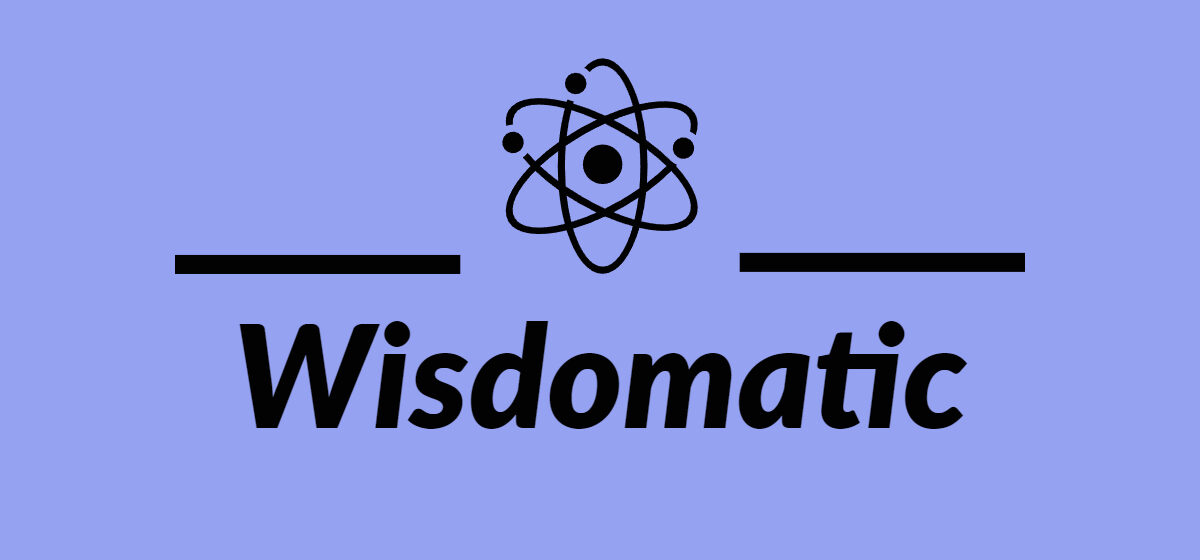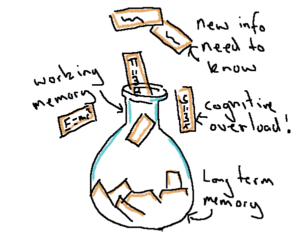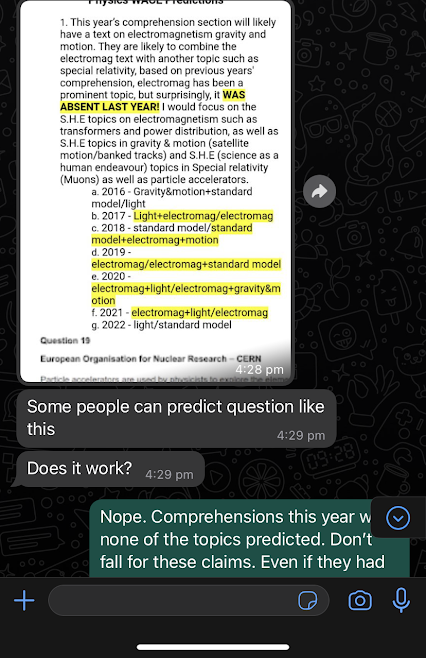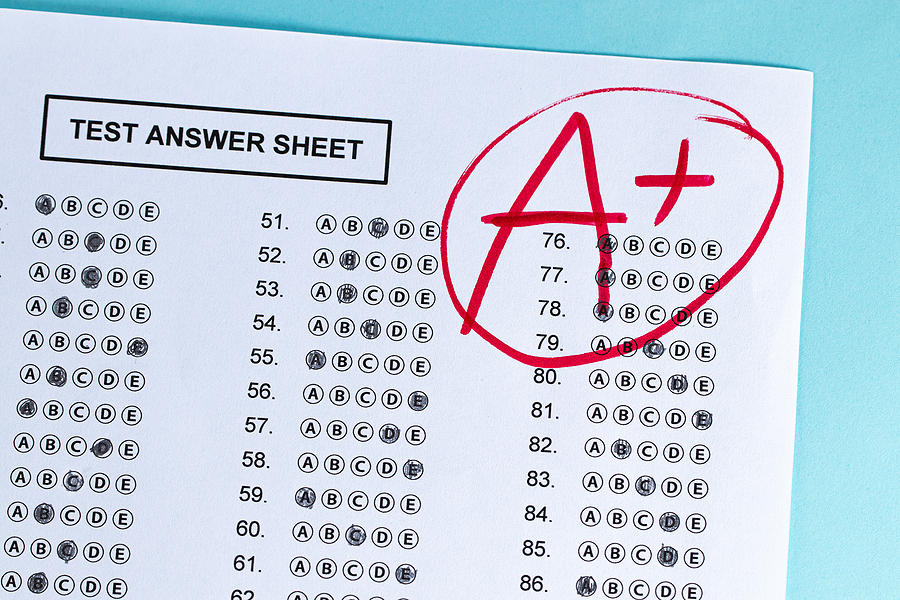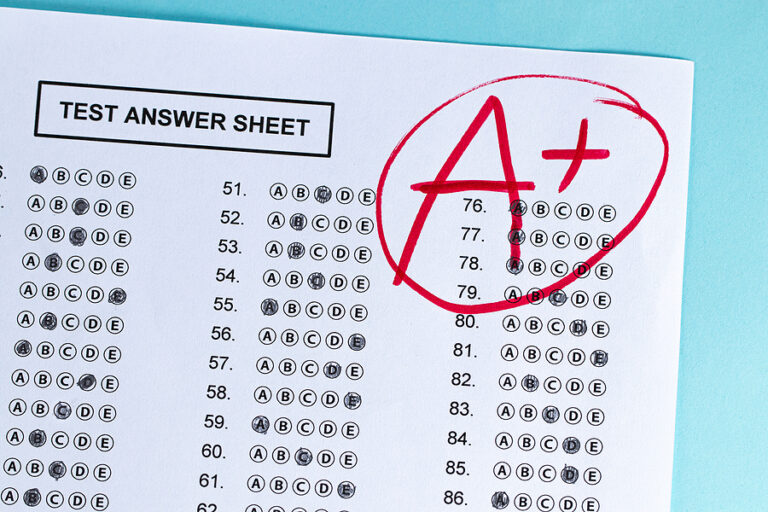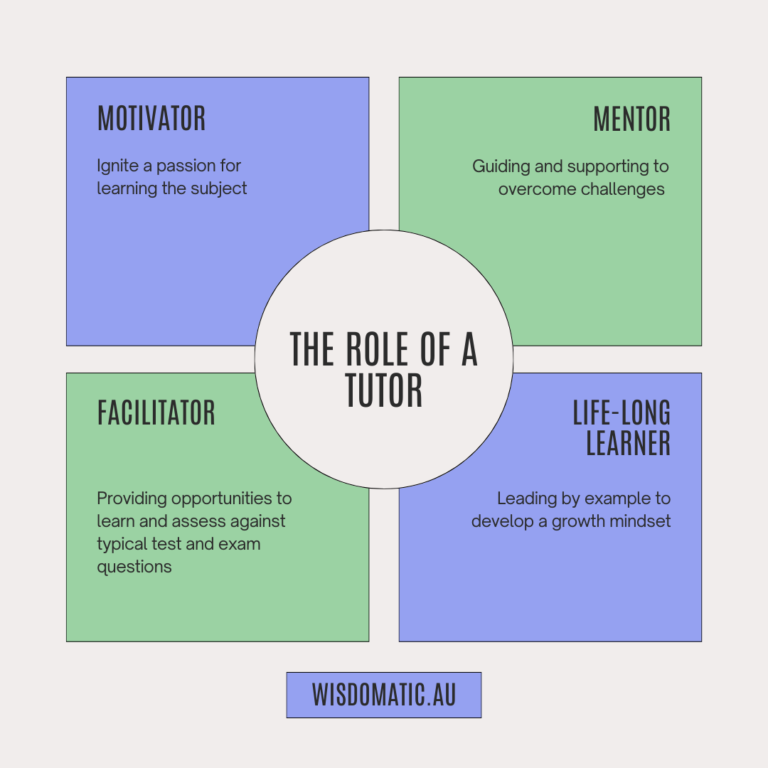
Big changes are coming to the Physics ATAR Year 11 syllabus in 2025! If you’re a student (or a teacher trying to keep up), don’t worry—I’ve got you covered. Let’s break down what’s different.
Out with the Old, In with the New
The School Curriculum and Standards Authority (SCSA) has decided it’s time to shake things up. They’ve reorganised the syllabus to make it flow better, removed some outdated material, and added a bigger focus on real-world applications.
This is great news, and I love the fact that I get to talk about some of the biggest Physics projects going on around the globe – such as the ITER fusion reactor.
What’s Changing?
- More Logical Topic Order
Topics are structured in a way that helps build understanding step by step.
- Motion and Forces
- Mechanical and Thermal Energy
- Waves
- Ionising Radiation and Nuclear Reactions
- Electrical Forces and Energy
Teaching programs do not have to follow the same order as the SCSA syllabus, as long as the content is covered. However, I think this is a great sequence.
- Updated Content
Some concepts that are covered well in lower school (methods of heat transfer) are gone, while newer topics—like advancements in nuclear physics—have been beefed up.
- Stronger Focus on Investigations
Physics isn’t just about solving equations on paper—it’s about discovery. The new syllabus puts a bigger emphasis on hands-on experiments, data analysis, and critical thinking. Less memorisation, more doing.
- Assessment Tweaks
The way students are assessed is changing slightly to better reflect the new learning approach. Expect more emphasis on scientific reasoning and application through investigations.
What This Means for You
If you’re a student, this means a smoother, more engaging physics journey. If you’re a teacher, it’s time to brush up on the new content and maybe say goodbye to those outdated examples that don’t quite resonate with today’s learners.
And please don’t buy older/2nd hand versions of textbooks! One of my students who tried to get ahead unfortunately complete a chapter irrelevant to the new course from a now outdated resource.
